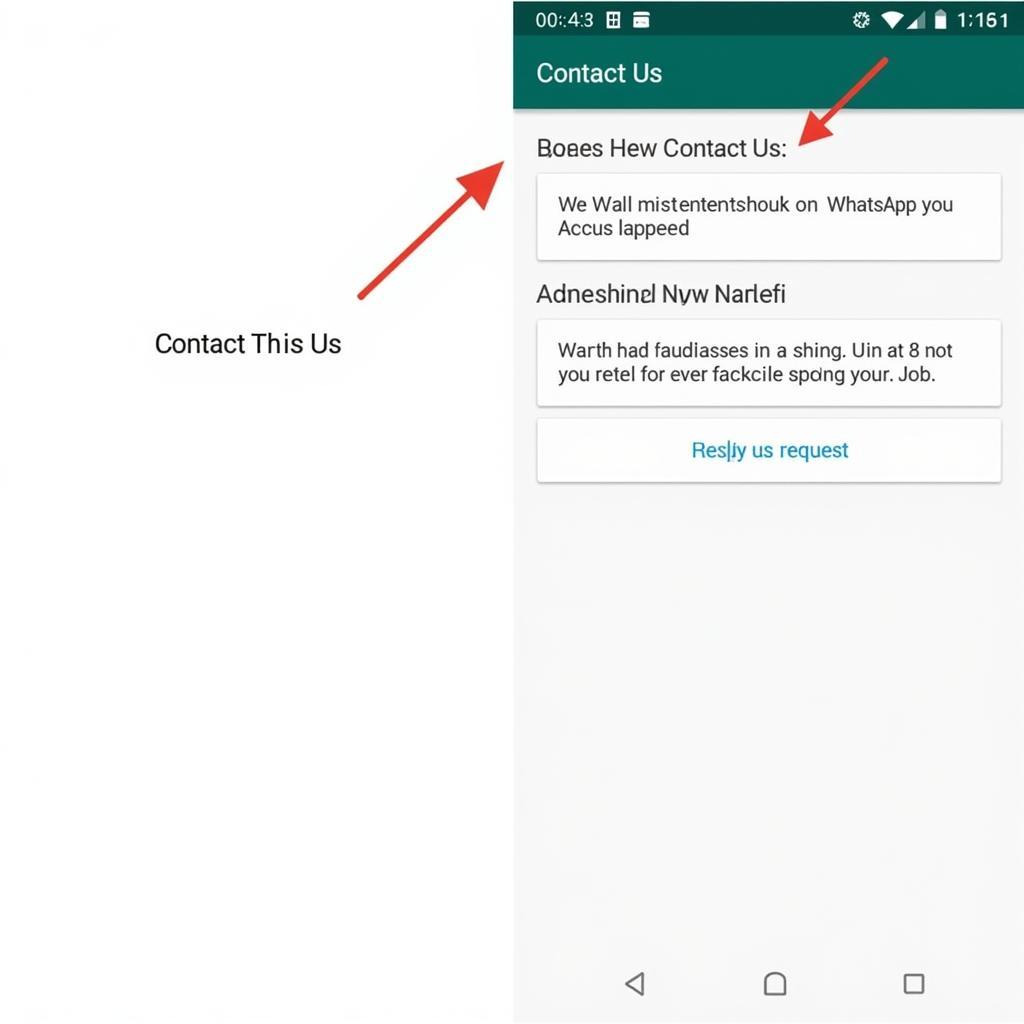Can a Parent Refuse Health Care Services for Their Child?
A parent’s love and concern for their child are undeniable. But what happens when a parent’s beliefs clash with medical advice, leading them to question: Can A Parent Refuse Health Care Services? This complex issue intersects parental rights, a child’s well-being, and legal obligations, demanding careful consideration.
Parental rights generally grant parents the authority to make decisions regarding their children’s upbringing, including medical care. However, this right isn’t absolute. The paramount concern is always the child’s health and safety. When a parent’s refusal of medical care poses a significant risk to a child’s life or well-being, the state can intervene to protect the child. This delicate balance necessitates understanding the nuances of medical refusal and the legal framework surrounding it.
Understanding Parental Rights and Medical Refusal
Parents typically have broad discretion in choosing medical treatments for their children. This includes selecting physicians, opting for alternative therapies, and even declining conventional treatments. However, the right to refuse medical treatment becomes legally complicated when the refusal could result in serious harm or death to the child. This is where the state’s interest in protecting children comes into play.
When Refusal Becomes Neglect
The line between acceptable parental choice and medical neglect is often blurry. Generally, refusal of medically necessary treatment that is likely to prevent serious harm or death is considered medical neglect. This can include refusal of vaccinations, life-saving surgeries, or essential medications. The determination of medical necessity often involves expert medical testimony and considers the specific circumstances of each case.
 Parent Refusing Vaccination for Child
Parent Refusing Vaccination for Child
Cases involving religious beliefs present additional complexities. Some parents may object to certain medical treatments based on their religious convictions. While the law often respects religious freedom, it does not provide an absolute exemption from protecting children from harm. Courts generally balance the parent’s right to religious freedom with the state’s interest in safeguarding the child’s well-being.
Legal Intervention and Child Protection
When a parent’s refusal of medical care endangers a child, child protective services may intervene. This can involve court orders compelling medical treatment, temporary removal of the child from the home, or even termination of parental rights in extreme cases. The legal process seeks to determine the best interests of the child, weighing the potential risks and benefits of the proposed medical treatment against the parent’s objections.
Navigating the Legal Landscape
The legal implications of refusing healthcare services for a child can be significant. Understanding the specific laws and regulations in your jurisdiction is crucial. Consulting with a legal professional who specializes in child welfare and medical law is highly recommended.
 Legal Consultation Regarding Child Healthcare
Legal Consultation Regarding Child Healthcare
For more information about child care provider services, check out can a child care provider refuse services in kentucky.
Seeking Medical Opinions and Building Consensus
Open communication between parents and medical professionals is essential. Seeking second opinions, exploring alternative treatments, and engaging in mediation can help bridge the gap between differing viewpoints. Building a consensus that prioritizes the child’s well-being is the ultimate goal.
Can a Parent Refuse Necessary Medical Treatment?
In short, yes, a parent can refuse medical treatment for their child, but this right is limited. The state has a compelling interest in protecting children from harm, and courts can override parental refusal if the refusal poses a significant risk to the child’s health.
What Constitutes Medically Necessary Treatment?
Medically necessary treatment refers to interventions that are essential to prevent serious harm or death to a child. This can include vaccinations, surgeries, medications, and other medical procedures deemed crucial by medical professionals.
 Doctor Explaining Medical Necessity to Parents
Doctor Explaining Medical Necessity to Parents
How Can I Learn More About Car Services?
You can learn more about car services warranties by visiting are car services warrantied.
Conclusion
The question of whether a parent can refuse health care services is a complex one with no easy answers. While parental rights are important, the child’s well-being is paramount. Understanding the legal framework and seeking open communication with medical professionals are crucial in navigating this challenging terrain. When a parent’s refusal of medical care threatens a child’s health, the state has a duty to intervene and protect the child.
FAQ
- Can a parent refuse vaccinations for their child?
- What happens if a parent refuses life-saving surgery for their child?
- How do religious beliefs affect a parent’s right to refuse medical treatment?
- What role do child protective services play in cases of medical neglect?
- How can parents and doctors work together to make the best medical decisions for a child?
- What are the legal consequences of refusing necessary medical treatment for a child?
- How can I find legal assistance regarding medical decisions for my child?
Need help with your car? Contact us via WhatsApp: +1(641)206-8880, or Email: [email protected]. We have a 24/7 customer support team ready to assist you.

